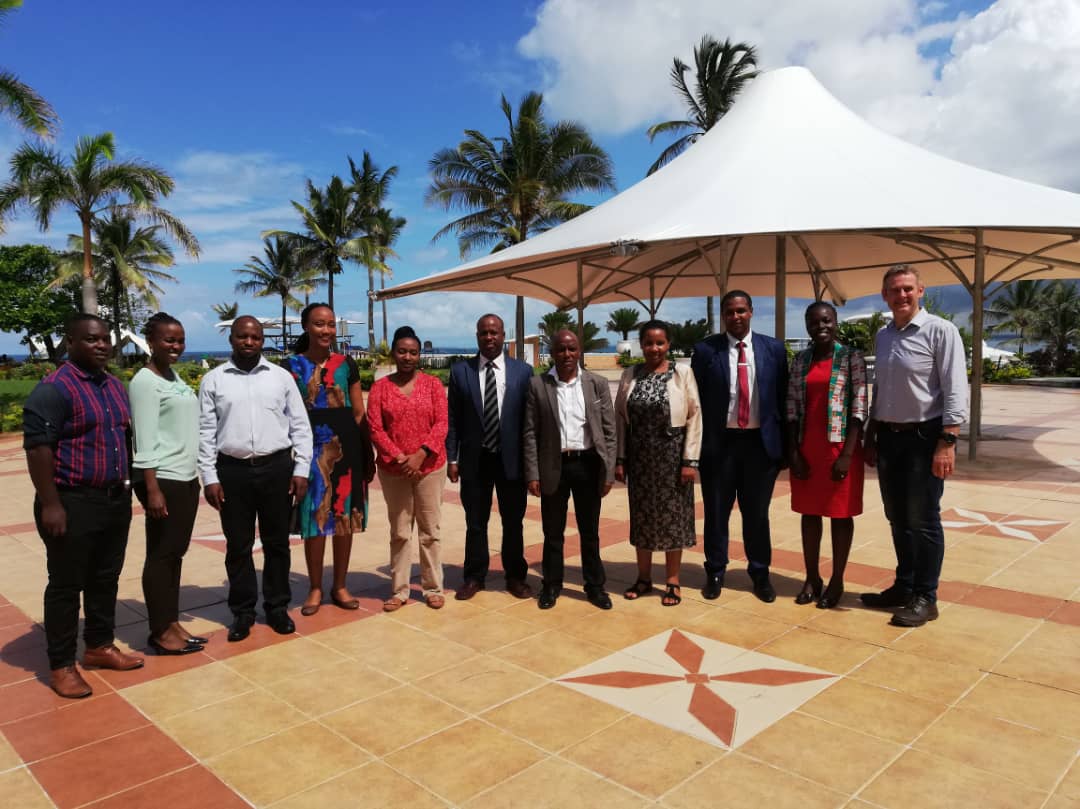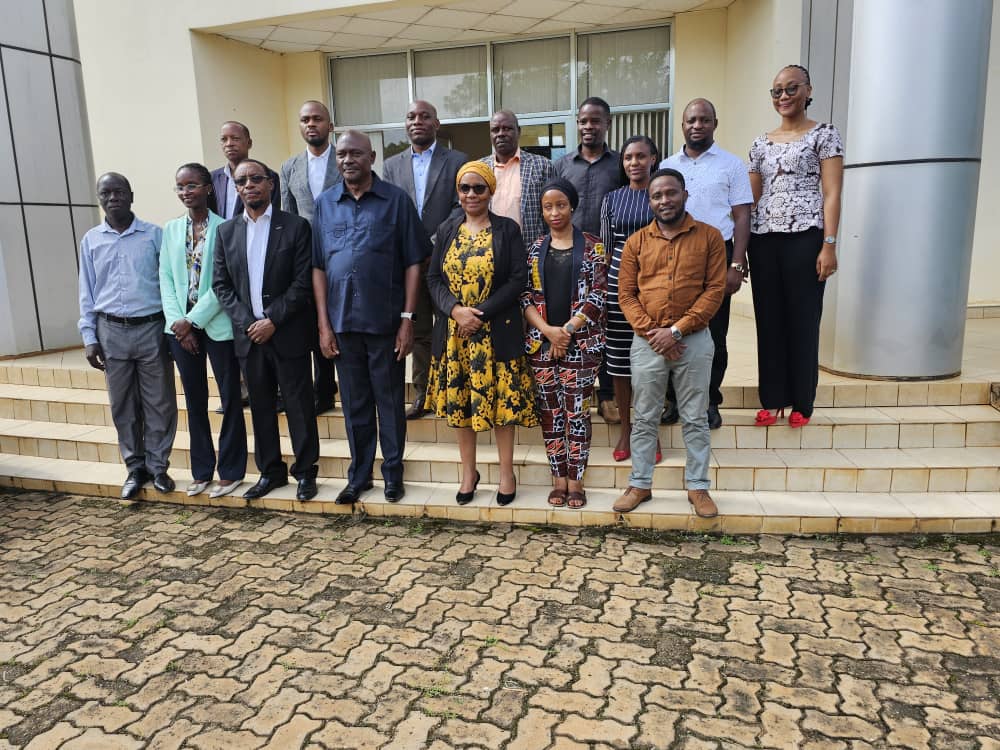
VALUE CHAINS SELECTION FOR DEEP DIVE ANALYSIS
stakeholders’ meeting was held at Golden Tulip Hotel in Dar es Salaam on 22nd October, 2019. The meeting was attended by 14 stakeholders from the private sector, public sector and World Bank.
On 22nd October 2019, The Regional Network of Agricultural Policy Research Institutes (ReNAPRI) Project Team at the Sokoine University of Agriculture together with the Managing Director from the Bureau for Food and Agricultural Policy (BFAP), Prof. Ferdi Meyer and other 12 stakeholders from the private and public sector, held Post-implementation meeting at Golden Tulip Hotel in Dar es Salaam, Tanzania. The meeting was meant to introduce stakeholders on the importance of using a combination of analytical tools in prioritizing value chains and policy interventions in the country.

The open remarks were presented by Dr Jeremia R. Makindara (HoD, Department of Business Management).

Prof. Ferdi Meyer presented on the pilot approach with the associated case studies of the two deep-dived value chains that are sunflower and cassava. The presentation focused on how you can answer the question of ‘‘which policies and public investments are most (cost) effective at driving market-led inclusive agricultural transformation?’’.
Group discussion was led by Prof Ferdi and Dr Zena Mpenda (HoD- Department of Food and Resource Economics) whereby participants practised qualitative prioritization of the value chains under the ASDP II. The discussion started by revisiting the key definitions of the qualitative selection criteria. The participants were thus able to discuss in details and score two criteria of policy support and current and potential investment levels.
Maize and rice scored the highest both in policy support and investment levels. Among the traditional exports, cashew nut scored the highest in the two criteria. Among the non-traditional exports, horticulture scored the highest in both criteria while pulses only scored high in the level of investment. All the import substitutes (sugar and sunflower) scored the highest in both criteria. Additionally, participants commented on the agro-ecological and natural resource constraints criterion indicating Tanzania to experience less challenges related to land availability.
The discussions revealed that the pilot project and the new project both need to be presented to a wider audience of technical people of the Ministry of Agriculture (MoA) as well as the emphasize on considering the missing link between academia and the policy space was emphasized. It was thus agreed that the presentation will be made on Friday 22nd November 2019 in Dodoma. Additionally, there is another flagship project under AGRA that is also working on prioritization of value chains of which possible leverages and synergies can be thought.
Tag ReNAPRI
Partners







